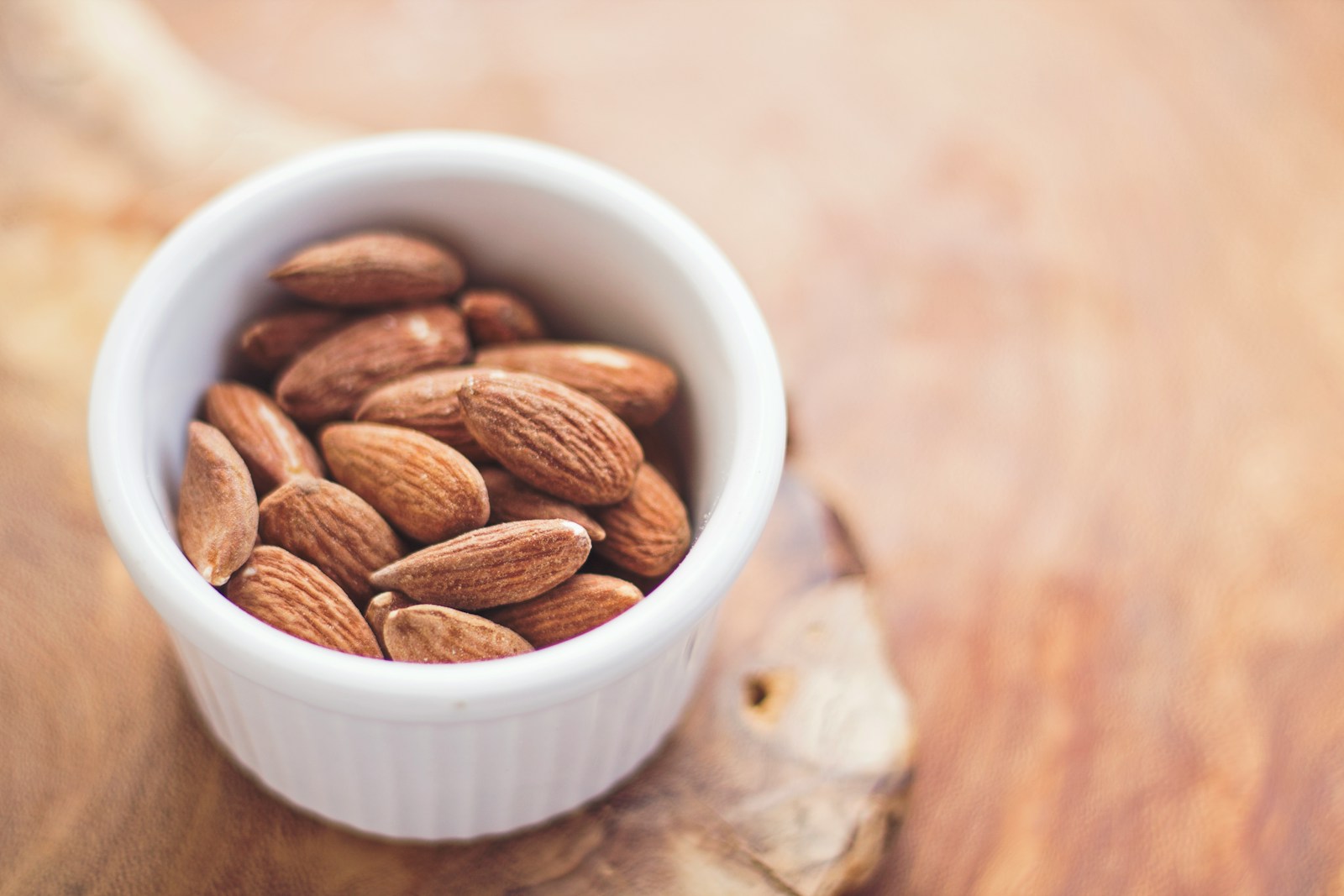
Introduction
As the interest in plant-based diets continues to grow, so does the popularity of plant-based protein. With a wide variety of options available, from traditional sources like beans and tofu to innovative plant-based meat substitutes, individuals are increasingly turning to plant-based protein for its health benefits and positive environmental impact. In this comprehensive guide, we will explore the best and worst plant-based protein sources, delve into the science behind their health benefits, and examine the environmental advantages of choosing plant-based protein. Whether you’re considering a plant-based diet or simply looking to incorporate more plant protein into your meals, this guide will provide you with all the information you need to make informed choices.
Comparison Table: Plant-Based Protein Sources
To kick off our exploration of plant-based protein, let’s take a look at a comparison table showcasing various plant-based protein sources, their serving sizes, calorie counts, protein content, fat content, carbohydrate content, fiber content, and sodium levels. This table will serve as a quick reference guide for understanding the nutritional profiles of different plant-based protein sources.
| Plant-Based Protein Source | Serving Size | Calories | Protein | Fat | Carbohydrates | Fiber | Sodium |
|---|---|---|---|---|---|---|---|
| Black Beans, canned, without salt | 1/2 cup | 114 | 7.5g | 0.5g | 20g | 15g | 0.5mg |
| Tofu (extra-firm) | 3.5 oz | 94 | 10.6g | 4.7g | 3.5g | 1.2g | 18mg |
| Chickpeas, canned, low sodium | 1/2 cup | 105 | 6g | 2.3g | 16.2g | 5.3g | 158mg |
| Edamame | 1/2 cup | 94 | 9.2g | 4g | 7g | 4g | 4mg |
| Peanut butter (smooth, no salt) | 2 Tbsp | 191 | 7.1g | 16.4g | 7.1g | 1.4g | 5mg |
| Quinoa (cooked) | 1 cup | 222 | 8.1g | 3.5g | 39.4g | 5.1g | 13mg |
| Oats | 1/2 cup | 153 | 5.3g | 2.5g | 25g | 4g | 3mg |
| Lentils | 1/2 cup | 115 | 9g | 0.4g | 20g | 8g | 2mg |
| Vital wheat gluten (seitan) | 1/4 cup | 104 | 21g | 0.5g | 4g | 0.2g | 10mg |
| Pea protein powder | 1 scoop (22g) | 100 | 19g | 2g | 1g | 0g | 260mg |
Health Benefits of Plant-Based Protein
Complete Protein: Dispelling Myths
One of the long-standing concerns about plant-based protein is whether it can provide all the essential amino acids that the body needs. Complete proteins are those that contain all nine essential amino acids that the body cannot produce on its own. In the past, it was believed that vegetarians needed to combine specific plant foods to ensure they were getting all the essential amino acids. However, recent research has shown that a well-balanced plant-based diet can provide all the necessary amino acids. A 2019 study on people following vegan and vegetarian diets found that they received more-than-adequate protein and amino acids, dispelling the notion that amino acid deficiency is a significant concern.
Nutritional Benefits and Disease Prevention
Plant-based protein sources offer a wide range of nutritional benefits. They are typically rich in fiber, which aids in digestion and can reduce the risk of certain conditions such as constipation, diverticulitis, and heart disease. Additionally, plant-based proteins are often lower in saturated fat and cholesterol compared to animal-based proteins, making them a heart-healthy option. Studies have also associated plant-based diets with healthy weight maintenance, lower risk of type 2 diabetes, and even longer life expectancy.
Vitamin B12 Considerations
While plant-based proteins offer numerous health benefits, there is one nutrient that they cannot provide: vitamin B12. Vitamin B12 is essential for proper brain function and red blood cell formation. Since plant-based protein sources do not naturally contain vitamin B12, individuals following a vegan diet will need to supplement their diet with B12 or consume fortified foods to meet their nutritional needs.
Environmental Benefits of Plant-Based Protein
Choosing plant-based protein not only benefits your health but also has a positive impact on the environment. Here are some of the key environmental advantages of opting for plant-based protein.
Reduced Carbon Emissions
Animal agriculture is a significant contributor to greenhouse gas emissions. By shifting to a plant-based diet, you can significantly reduce your personal carbon footprint. A 2019 study revealed that transitioning from an omnivorous diet to veganism can reduce personal greenhouse gas emissions by 50%, while adopting a lacto-ovo-vegetarian eating pattern can bring them down by 35%. By choosing plant-based protein sources, you can contribute to the global effort to combat climate change.
Water Conservation
Raising animals for food requires a significant amount of water. Meat production, particularly beef, poultry, and pork, consumes far more water compared to plant-based protein sources like pulses, nuts, and cereal grains. The water footprint of beef, for example, is six times higher than that of pulses. By incorporating more plant-based protein into your diet, you can help conserve water and contribute to sustainable water management.
Endorsement by the United Nations
The environmental impact of reducing meat consumption is so significant that the United Nations’ 2019 climate change report called for a global reduction in animal protein consumption. By choosing plant-based protein, you are aligning yourself with a movement supported by international organizations committed to addressing climate change and promoting sustainable food systems.
Frequently Asked Questions
What are the best plant-based protein sources?
When it comes to plant-based protein sources, there are numerous options to choose from. Some of the best plant-based protein sources include beans, tofu, lentils, quinoa, and nuts. These foods not only provide ample protein but also offer additional nutritional benefits like fiber and essential vitamins and minerals. Incorporating a variety of plant-based protein sources into your diet can ensure you receive a wide range of nutrients.
Who shouldn’t eat plant-based protein?
In general, plant-based protein is suitable for individuals of all ages and dietary preferences. However, there are some considerations to keep in mind. If you are on a reduced-sodium or reduced-fat diet, you should be cautious when consuming highly processed plant-based foods like faux meats and cheeses, as they may contain high levels of sodium and saturated fat. Additionally, individuals with allergies to plant foods such as nuts or soy should read ingredient labels carefully to avoid potential allergens.
How does plant-based protein powder compare to whey powder?
Plant-based protein powders have gained popularity as a convenient and vegan-friendly alternative to whey protein powders. While both options can help build muscle and support weight loss, there are some differences to consider. Plant-based protein powders may not always contain complete proteins and may have a lower protein content per scoop compared to whey powder. However, plant-based powders are often easier to digest for individuals with lactose intolerance, and they offer a cruelty-free option for those following a vegan lifestyle.
What’s the best-tasting plant-based protein powder?
Taste preferences vary from person to person, but there are several plant-based protein powders that have received positive reviews. Orgain’s Organic Superfood Powder in vanilla bean flavor, for example, has garnered over 40,000 Amazon reviews, with 77% of them being five-star ratings. Many other flavors, such as chocolate and strawberries and cream, are available from various brands. With some experimentation, you’re sure to find a plant-based protein powder that suits your taste buds.
Where can I find plant-based protein recipes?
The internet is a treasure trove of plant-based protein recipes. Whether you’re looking for breakfast ideas, lunch options, or dinner recipes, there are countless websites and blogs dedicated to plant-based cooking. Websites like Greatist and PlateJoy offer a wide range of plant-based protein recipes, from breakfast quinoa bowls to black bean enchilada casseroles. Exploring these resources will provide you with endless inspiration for incorporating plant-based protein into your meals.






